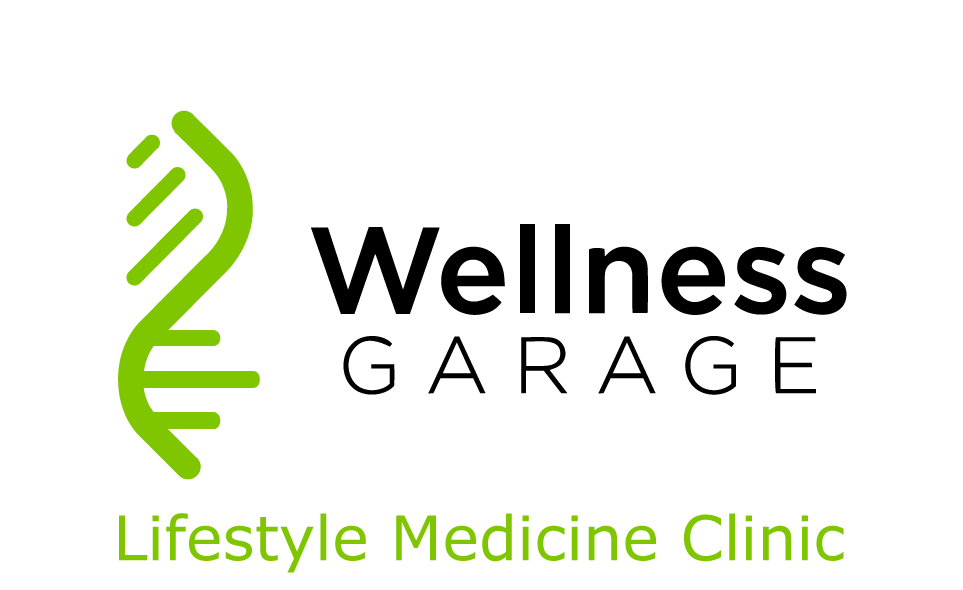|
In a famous 1965 study of 6,928 people followed for over 9 year, Berkman and Symes showed that people who lacked social and community ties were more than twice as likely to die than those with extensive social ties. This effect was independent of health practices (smoking, drinking, obesity) and independent of usage of preventive health services. Even among people with disease - those without strong relationships were more than twice as likely to die as those with robust social connections. Subsequent to this study, the linkage between relationships and better health outcomes has been documented across many diseases: cardiovascular disease, recurrent myocardial infarction, atherosclerosis, autonomic dysregulation, high blood pressure, cancer and delayed cancer recovery, and even slower wound healing. Digging deeper, research has shown a clear relationship between increased inflammation and depressed immune function in people with poor relationships. While all relationships drive health and well-being, none is more significant or more studied than marriage. Across all varying marital histories, the link is incredibly clear - people in stable, long-term marriages have better health, those who have been married are healthier than those who have not. Better health outcomes, include decrease rates of chronic disease, mobility limitations, self-rated health, and depression.
The clarity of the association between the quantity and quality of relationships and health has been firmly established - the bigger question is why. Evidence points to three broad mechanisms: behavioural, psychosocial and physiological. Since health behaviours drive about 40% of health outcomes, it is not surprising that there are behavioural differences between people in relationships and those who are socially isolated. These differences; increased positive behaviours (exercise, consuming nutritionally balanced diets, and adherence to medical regimens) and fewer negative behaviours (smoking, excessive weight gain, drug abuse, and heavy alcohol consumption) seem to be driven by influence and control over habits. One notable exception to this is marriage and parenthood that has been associated physical inactivity and weight gain. While the linkage between these behavioural differences and health outcomes is clear; the psychosocial mechanisms - social support, personal control, symbolic meanings and mental health are complex and harder to grasp; most likely operating in an interconnected manner. Nonetheless, people in solid relationships show clear differences in measures across these mechanisms and this clearly plays an important role. Physiological mechanisms are also complex, but because they are more measurable seem more clear. People with supportive relationships have better markers for immune, endocrine, and cardiovascular function. They recover from stress more easily and over time this improved recovery ability results in less wear and tear and ultimately better health. This effect is even more pronounced in children - emotionally supported children show clear developmental, immunological, metabolic, hormonal and neurological advantages that have clear consequences for improved health as adults. Okay - that is a lot of science - all to say: healthy relationships are a key driver for health and their importance cannot or should not be overlooked in your own life. For those not in a spousal relationship, fostering other relationships (friends, family, church and community groups) shows almost equal benefit. Of course it is not just the quantity but the quality of the relationships that matters - and here is where the Wellness Garage principles are concentrated.
As with all of the Wellness Garage core behaviours, strong relationships improve your health, and positively impact all other dimensions of life. As anyone who has had relationship stress will appreciate, when your relationships suffer, everything else (diet, exercise, sleep...) does too. As part of our Precision Health Tune-Up’s we will help you assess your relationship strengths, and as with other behaviours, coach you to improve. |
AuthorDr. Brendan Byrne Categories
All
|

 RSS Feed
RSS Feed
